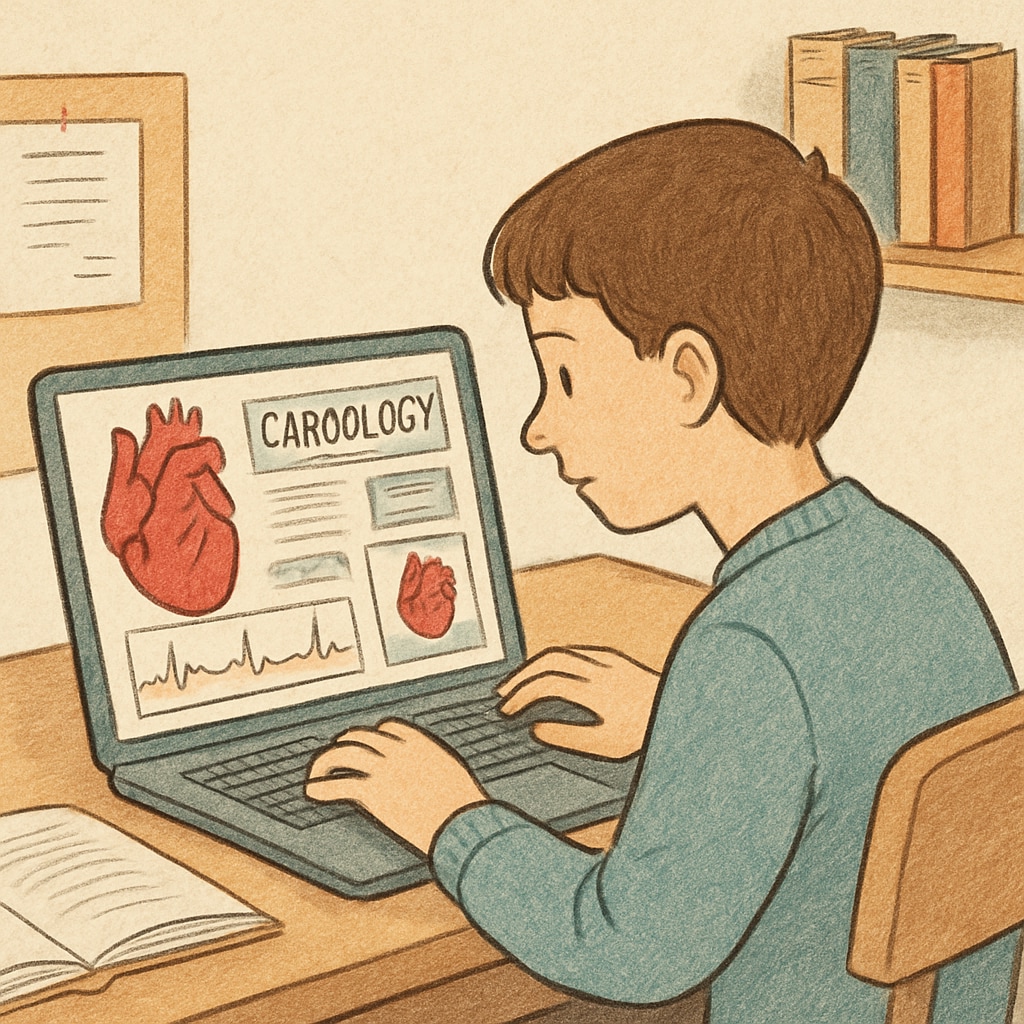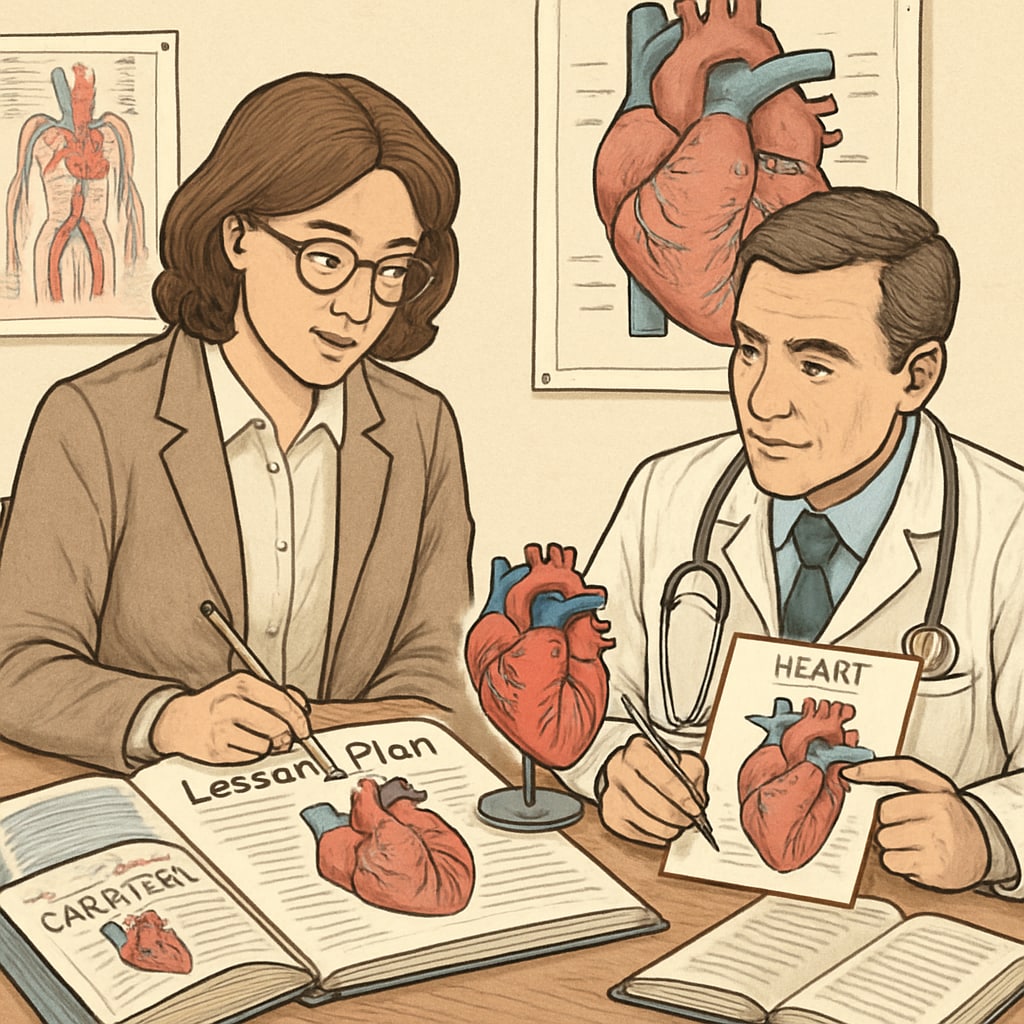For non-medical individuals, acquiring professional medical knowledge, such as cardiology, may seem daunting. However, with the growing availability of online courses, K12 educators and students can now bridge the gap to access advanced knowledge tailored for professionals. This article offers practical strategies and tools to make professional-level medical education accessible and relevant to K12 learners.

Why Accessing Professional Medical Knowledge Matters for K12 Education
In today’s interconnected world, there is an increasing demand for interdisciplinary knowledge, even at the K12 level. Students are exposed to diverse career paths earlier than ever, and many show interest in specialized fields like cardiology. However, professional medical knowledge often appears too complex for non-medical educators to teach. Bridging this gap not only enriches the learning experience but also prepares students for future academic and career pursuits.
For example, cardiology—a branch of medicine focusing on the heart—is a field that combines biology, physics, and chemistry. Introducing foundational cardiology concepts in K12 education can foster curiosity in STEM fields. But how do educators and students start without formal medical backgrounds? The answer lies in leveraging online resources and tools.
Practical Strategies for Accessing Professional Medical Resources
Non-medical educators can adopt the following strategies to integrate professional medical knowledge into their teaching:
- Leverage Online Platforms: Websites like Khan Academy and Coursera offer courses that break down medical concepts into digestible lessons. For example, a biology course might include sections on cardiovascular health.
- Use Visual Aids: Diagrams, animations, and videos can simplify complex topics. Platforms like YouTube Education provide free, high-quality content.
- Collaborate with Medical Experts: Partnering with nearby clinics or inviting cardiologists to give guest lectures can provide real-world insights.
- Introduce Case Studies: Simplified medical case studies help students apply theoretical knowledge to practical scenarios, fostering problem-solving skills.

The Role of Online Courses in Simplifying Professional Medical Topics
Online courses designed for non-specialists are invaluable for K12 education. They provide structured, self-paced learning opportunities for both teachers and students. Platforms like Coursera and EdX feature introductory medical courses that don’t require prior knowledge, making them ideal for K12 learners.
For instance, a course on human anatomy might include a module focused on the heart’s structure and function. By combining interactive quizzes, video lectures, and reading materials, such courses make it easier to grasp complex topics. Additionally, many of these platforms offer certificates, which can motivate students to complete the courses.
Challenges and Solutions in Accessing Professional Knowledge
Despite the availability of resources, several challenges remain:
- High Complexity: Professional materials often use advanced terminology. Solution: Create glossaries of key terms for students or use resources explicitly designed for beginners.
- Time Constraints: Teachers may lack the time to vet resources. Solution: Utilize curated lists from trusted educational platforms or organizations.
- Cost: Some courses and tools are expensive. Solution: Seek free resources or apply for grants aimed at enhancing STEM education.
By addressing these challenges, K12 educators can successfully introduce professional medical concepts to their students, paving the way for a deeper understanding of specialized fields like cardiology.
Final Thoughts: Building Bridges to Advanced Knowledge
Accessing professional-level medical knowledge, even with a non-medical background, is no longer out of reach for K12 educators and students. By leveraging online platforms, collaborating with experts, and addressing potential challenges, educators can create an enriching learning environment. In doing so, they not only make advanced subjects like cardiology accessible but also inspire the next generation of medical professionals.
As the field of education continues to evolve, the integration of professional resources into K12 curricula will undoubtedly play a significant role in shaping well-rounded, future-ready students.


